Snoring and sleep apnea are common sleep disorders that can significantly impact an individual’s health and quality of life. Snoring is characterized by the vibration of respiratory structures during sleep due to obstructed air movement. On the other hand, sleep apnea is a more severe condition where breathing repeatedly stops and starts during sleep.
Why do we snore?
Snoring is a noisy breathing phenomenon that occurs during sleep, typically due to the relaxation of muscles in the throat and airway. This relaxation causes the tissues to vibrate as air passes through, resulting in the characteristic sound of snoring. While snoring is often considered a nuisance, it can also be a symptom of underlying health issues, such as obstructive sleep apnea.
Several factors contribute to a person snoring:
- Obstructed Airway: Blockages or narrowing of the airway, often due to relaxed throat muscle, anatomical abnormalities, and sleep apnea, can lead to snoring.
- Muscle Relaxation: During sleep, the muscles in the throat and tongue relax, narrowing the airway and increasing the likelihood of snoring.
- Nasal Congestion: Conditions such as allergies or sinus infections can cause nasal congestion, further obstructing airflow and contributing to snoring.
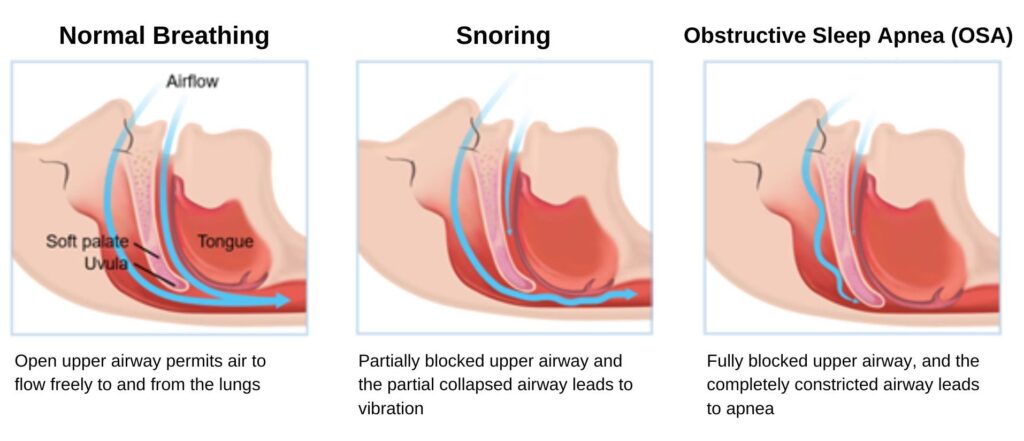
While snoring may seem harmless, it can disrupt sleep patterns and lead to daytime fatigue and other health issues. Excess weight can contribute to snoring, but people of all body types can experience snoring due to various factors such as anatomy and muscle tone. Through proper lifestyle modifications and medical interventions, it is possible to reduce or eliminate snoring and improve sleep and also overall health
Also Read: Insomnia – Treatment & Management
What is Sleep Apnea?
Sleep apnea is a very serious sleep disorder characterized by repeated pauses in breathing or shallow breaths during sleep. These pauses, known as apneas, can last from a few seconds to minutes and may occur multiple times throughout the night. Sleep apnea is classified into 3 main types:-
- Obstructive sleep apnea (OSA)
- Central sleep apnea (CSA), and
- Mixed sleep apnea.
Obstructive Sleep Apnea (OSA) is the most common form of sleep apnea, occurring when the muscles in the throat relax excessively during sleep, leading to a partial or complete blockage of the airway. This obstruction results in interrupted breathing and disrupted sleep patterns. Excess weight, particularly around the neck, can contribute to airway obstruction and increase the likelihood of sleep apnea. Sleep apnea becomes more common as individuals age, with middle-aged and older adults at higher risk. A family history of sleep apnea or other sleep disorders also can predispose individuals to developing the condition.
Central Sleep Apnea (CSA) occurs when the brain fails to send the appropriate signals to the muscles responsible for breathing during sleep. Unlike OSA, there is no physical obstruction of the airway in CSA. Instead, breathing pauses are caused by a lack of respiratory effort. Mixed Sleep Apnea is also known as complex sleep apnea, is a combination of both obstructive and central sleep apnea, where individuals experience characteristics of both types.
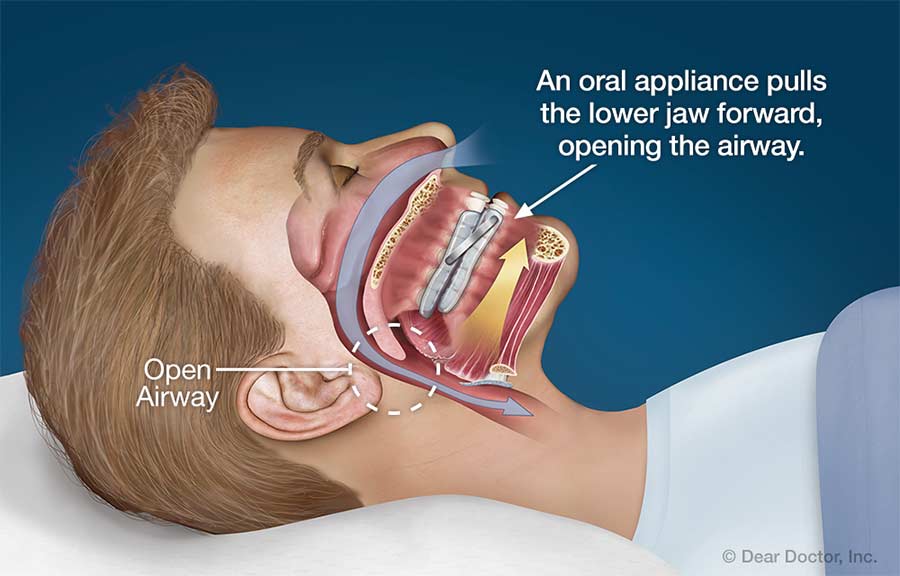
Snoring is a hallmark symptom of sleep apnea, especially in obstructive sleep apnea. Interrupted breathing / temporary stopping of breathing is a key indicator of sleep apnea. Due to disrupted sleep patterns, individuals with sleep apnea often experience daytime fatigue, drowsiness, and difficulty concentrating.
Impact of Snoring & Sleep Apnea
Snoring and apneas reduces the amount of oxygen in the blood and can damage brain and even cause heart attacks. Sleep apnea is always associated with an increased risk of cardiovascular diseases such as hypertension, coronary artery disease, and stroke. The repeated cycles of oxygen deprivation and arousal from sleep also strains the cardiovascular system, leading to adverse health outcomes.
It also impairs cognitive function, affecting memory, concentration, and decision-making abilities. Individuals with untreated sleep apnea may experience difficulties with learning, problem-solving, and overall cognitive performance. Daytime sleepiness and fatigue resulting from poor sleep quality due to snoring and sleep apnea can also increase the risk of accidents, both on the road and in the workplace. Individuals with untreated sleep apnea are more likely to experience motor vehicle accidents and workplace injuries.
The combination of physical symptoms, cognitive impairment, and emotional distress associated with sleep apnea can also impact an individual’s overall quality of life and psychological well-being. It has been linked to an increased risk of depression and anxiety disorders. The chronic stress of sleep disruption and the impact on daily functioning can contribute to the development or exacerbation of mood disorders. Sleep deprivation also impairs emotional regulation and increases irritability, mood swings, and emotional reactivity.
Snoring and sleep apnea can also impact relationships and social interactions; loud snoring and frequent awakenings may disrupt the sleep of bed partners, leading to frustration and strain in relationships. Excessive daytime sleepiness and fatigue may limit participation in social activities and impair interpersonal relationships, leading to feelings of isolation and depression.
Diagnosing & Treating Sleep Apnea
Sleep Study
Sleep Study (Polysomnography) is the gold standard diagnostic test for sleep apnea. It involves monitoring various physiological parameters during sleep, including brain activity, eye movements, muscle activity, heart rate, and breathing patterns. At SOLVEMyHealth, we recommend such a comprehensive assessment to evaluate the severity of sleep apnea and determine appropriate treatment options. We also provide home sleep apnea tests, which includes portable devices that individuals can use to monitor their sleep patterns in the comfort of their own home. While not as comprehensive as polysomnography, these tests also can provide valuable information to screen for sleep apnea and guide further evaluation and treatment.
Medical Interventions for Sleep Apnea
In certain cases, based on the severity of the apnea and potential risks, medical management becomes imperative. Continuous Positive Airway Pressure (CPAP) therapy is the most common and effective treatment for moderate to severe obstructive sleep apnea. It involves wearing a mask connected to a machine that delivers a continuous stream of air pressure to keep the airway open during sleep, preventing episodes of apnea and snoring.

Oral appliances, such as mandibular advancement devices, also can help reduce snoring and mild to moderate obstructive sleep apnea by repositioning the lower jaw and tongue to keep the airway open. These devices are custom-fitted by a dentist and worn during sleep. In certain cases, surgical interventions may be considered for those with severe obstructive sleep apnea who have not responded to other treatment options. Surgical procedures, such as uvulopalatopharyngoplasty (UPPP) or maxillomandibular advancement are done, to remove or reposition obstructive tissues in the throat or lower jaw and thus improve airflow during sleep.
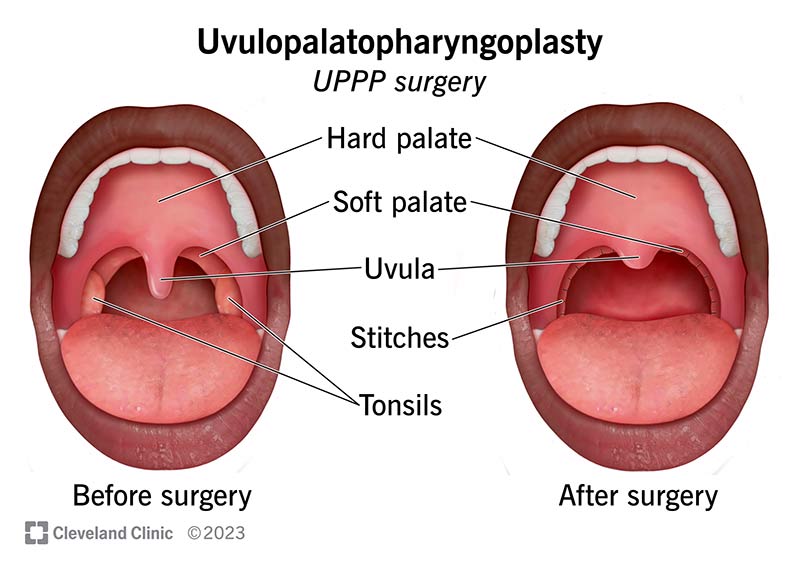
Lifestyle Interventions for Sleep Apnea
Losing excess weight, particularly around the neck and throat area, can help reduce the severity of snoring and improve symptoms of sleep-apnea. At SOLVEMyHealth, we help our clients by handholding and advising them through a combination of healthy eating habits, regular exercise, and behavioural modifications that support sustainable weight loss efforts to manage sleep apnea. Sleeping on the back can exacerbate snoring and sleep apnea by allowing the tongue and soft tissues in the throat to collapse more easily. Sleeping on the side or using positional therapy devices can help prevent airway obstruction and reduce symptoms. Alcohol and sedative medications will relax the muscles in the throat and tongue, increasing the likelihood of airway collapse and worsening snoring and sleep apnea. Limiting or avoiding alcohol consumption and sedative use before bedtime is important to improve sleep quality and reduce symptoms.
How can we help you?
At SOLVEMyHealth, we offer comprehensive support to manage snoring and sleep apnea effectively. Our team of dedicated doctors specializes in identifying root cause and severity of your condition, ensuring personalized care. We understand the importance of convenience, which is why we provide the option of conducting sleep studies in the comfort of your own home. If required, we offer CPAP machines for rental or purchase to assist in treatment. Our experienced team carefully assesses the results of diagnostic tests and collaborates with you to develop a tailored treatment plan.
Additionally, we recognize the significance of addressing underlying health issues, such as obesity, diabetes, heart diseases, and hypertension, which can exacerbate sleep apnea. Our expert team provides diet plans, exercise plans and comprehensive support to help you lose weight and make necessary lifestyle changes, offering continuous follow-ups and guidance to ensure success in managing your condition.


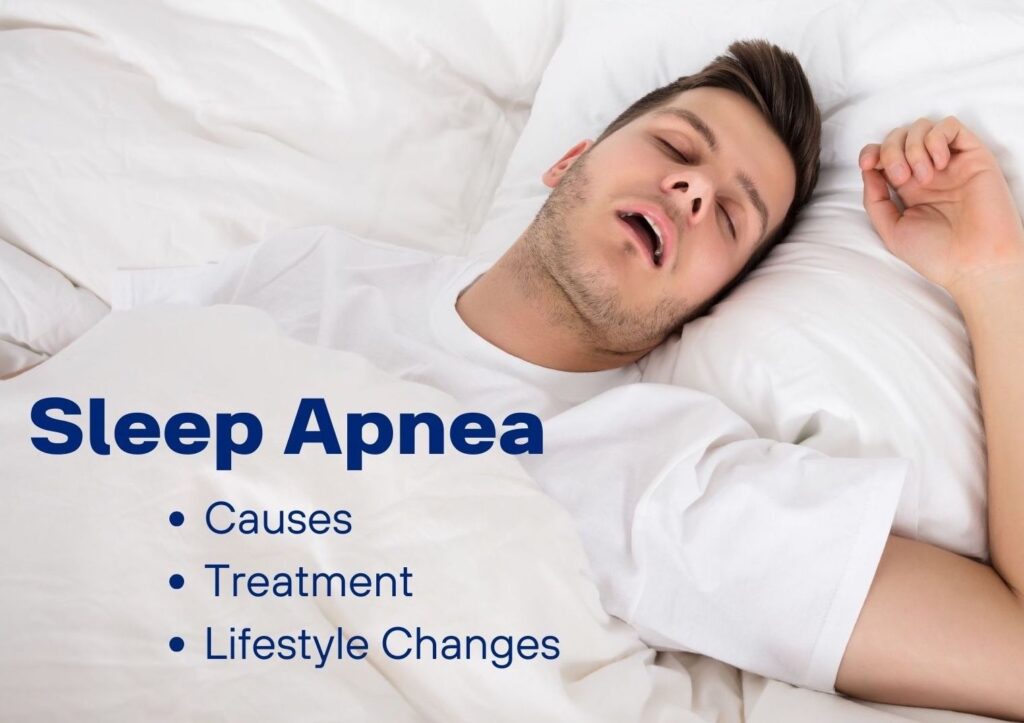



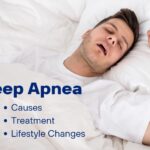
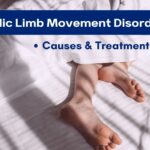
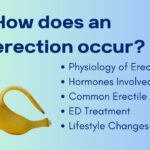


5 comments
[…] Also Read: Understanding Snoring & Sleep Apnea […]
[…] Also Read: Snoring & Sleep Apnea – Treatment & Lifestyle Changes […]
[…] Also Read: Snoring & Sleep Apnea – Treatment & Lifestyle Management […]
[…] Also Read: Snoring & Sleep Apnea – Management Tips […]
[…] Sleep Apnea: Sleep apnea is a sleep disorder characterized by pauses in breathing during sleep. This usually occurs due to obstruction of the airway. This can lead to fragmented sleep, loud snoring, and daytime sleepiness. There are 2 main types:- obstructive sleep apnea (OSA), where the airway becomes blocked, and central sleep apnea (CSA), where the brain fails to signal the muscles to breathe. Read more on Sleep Apnea – Click here […]